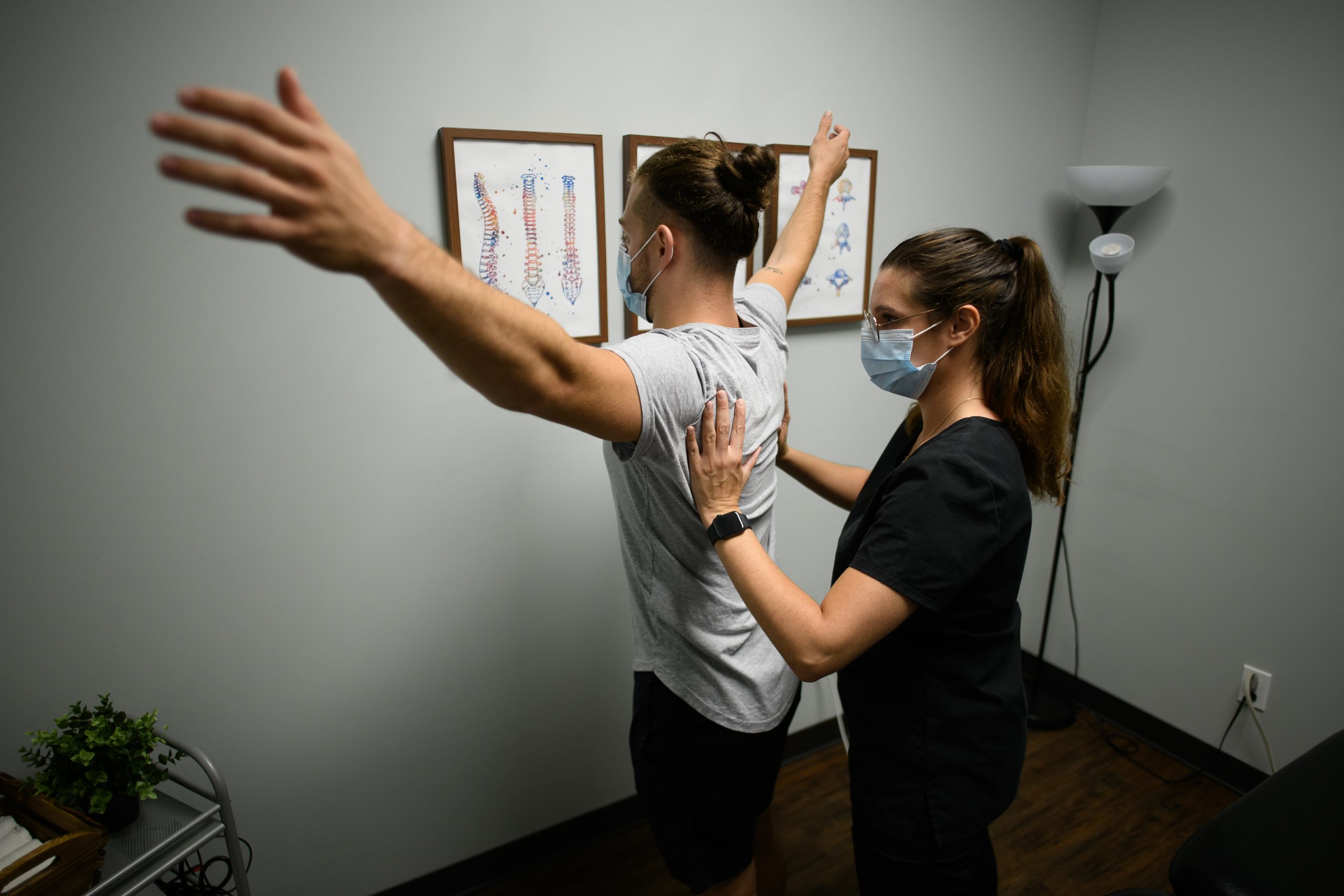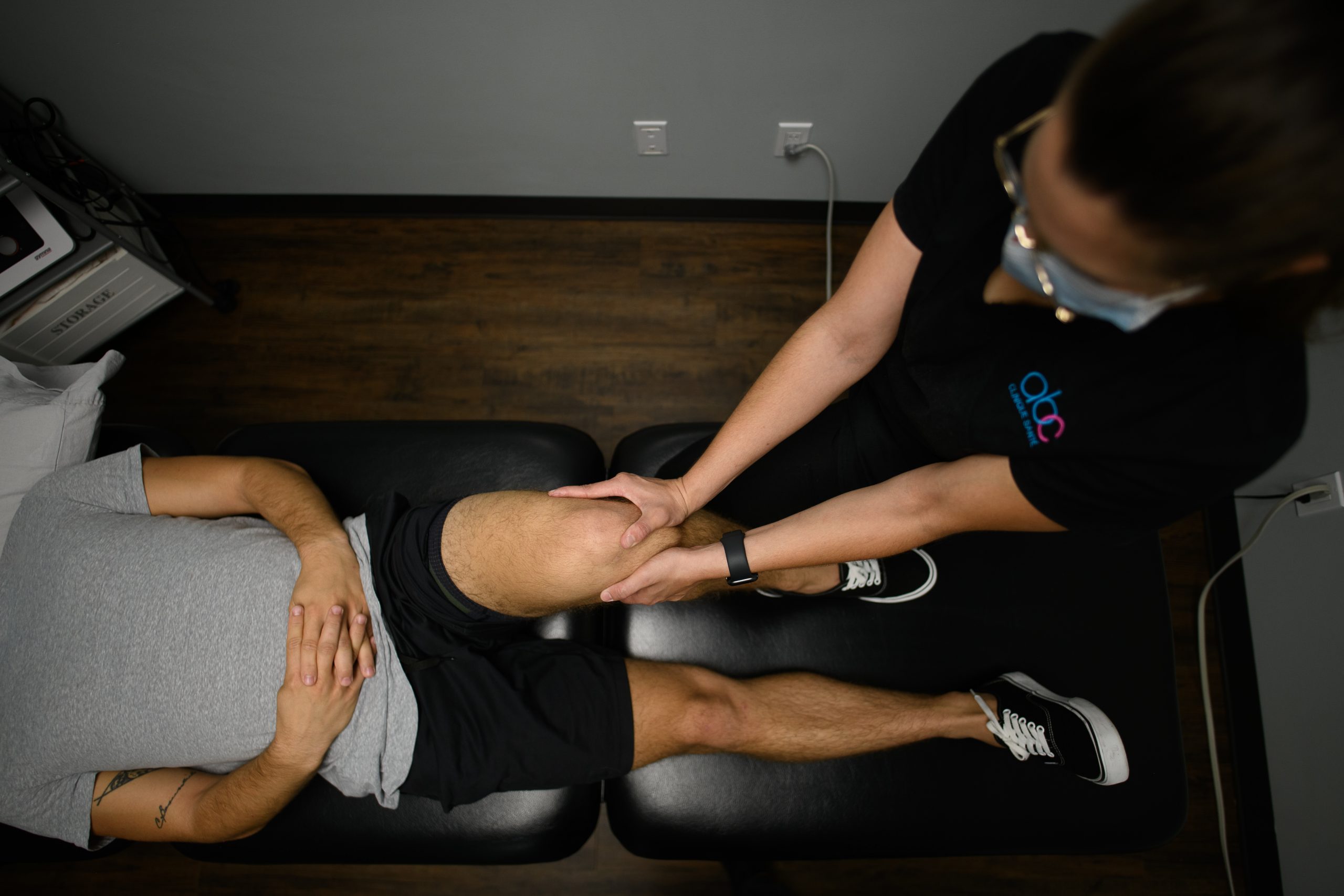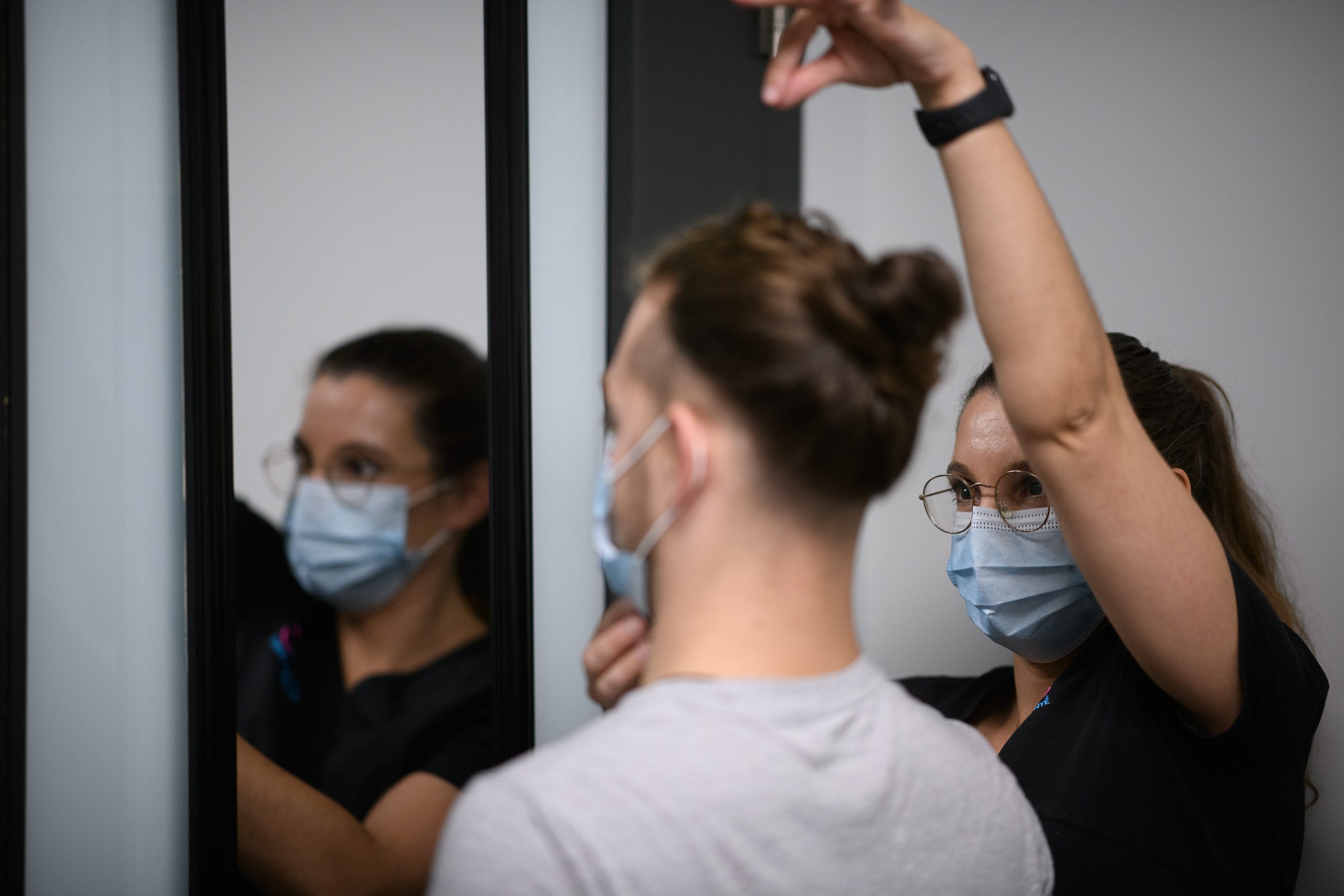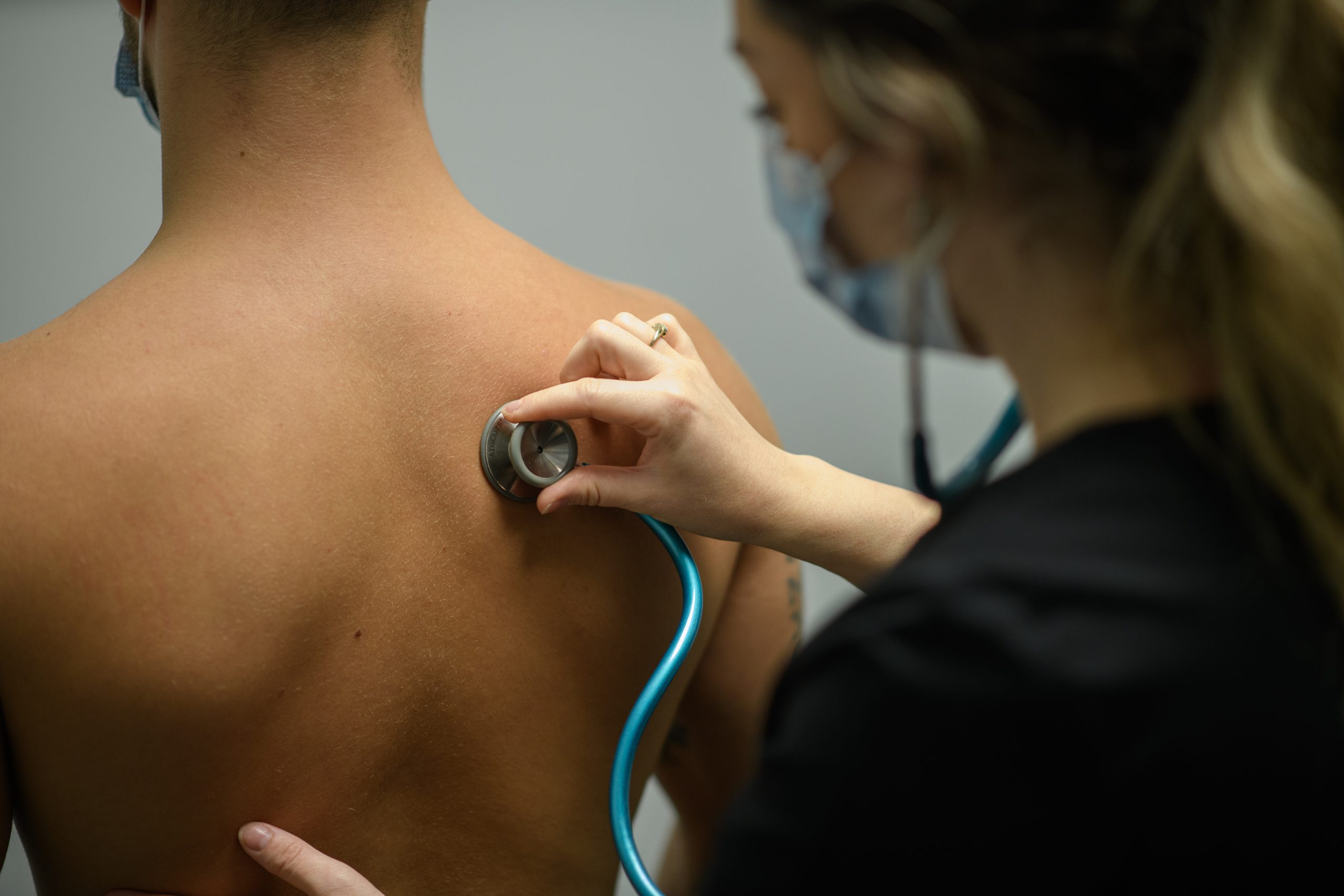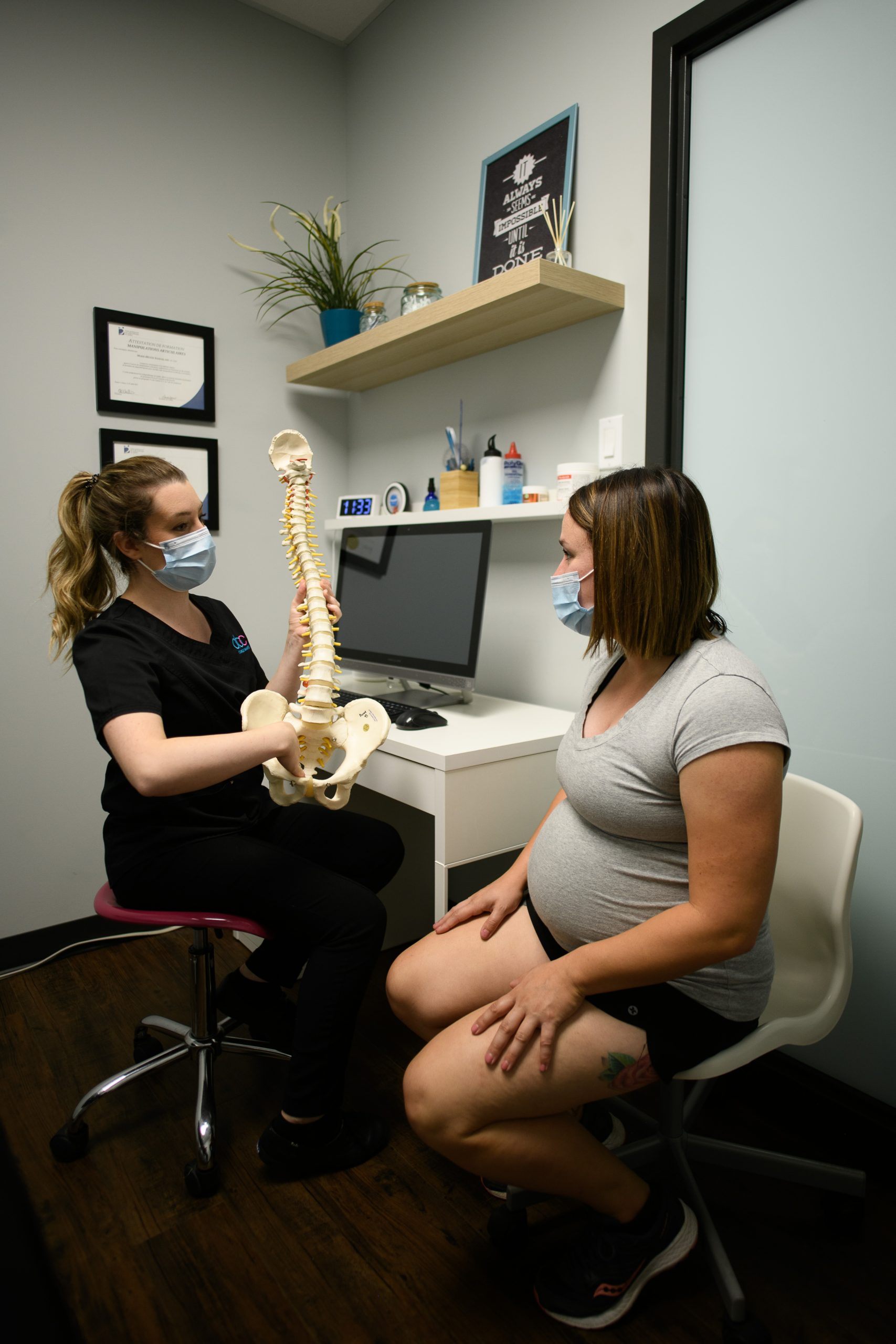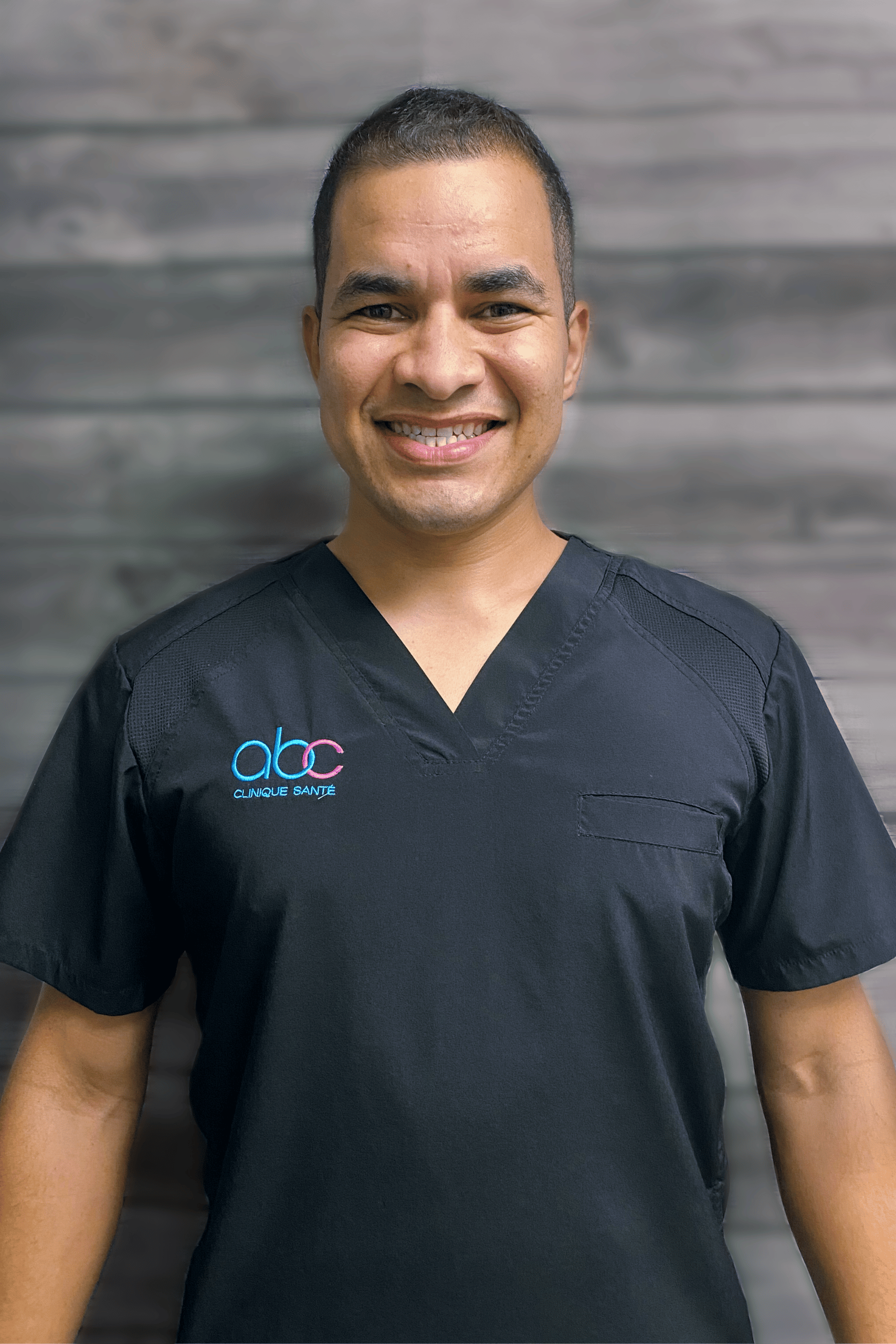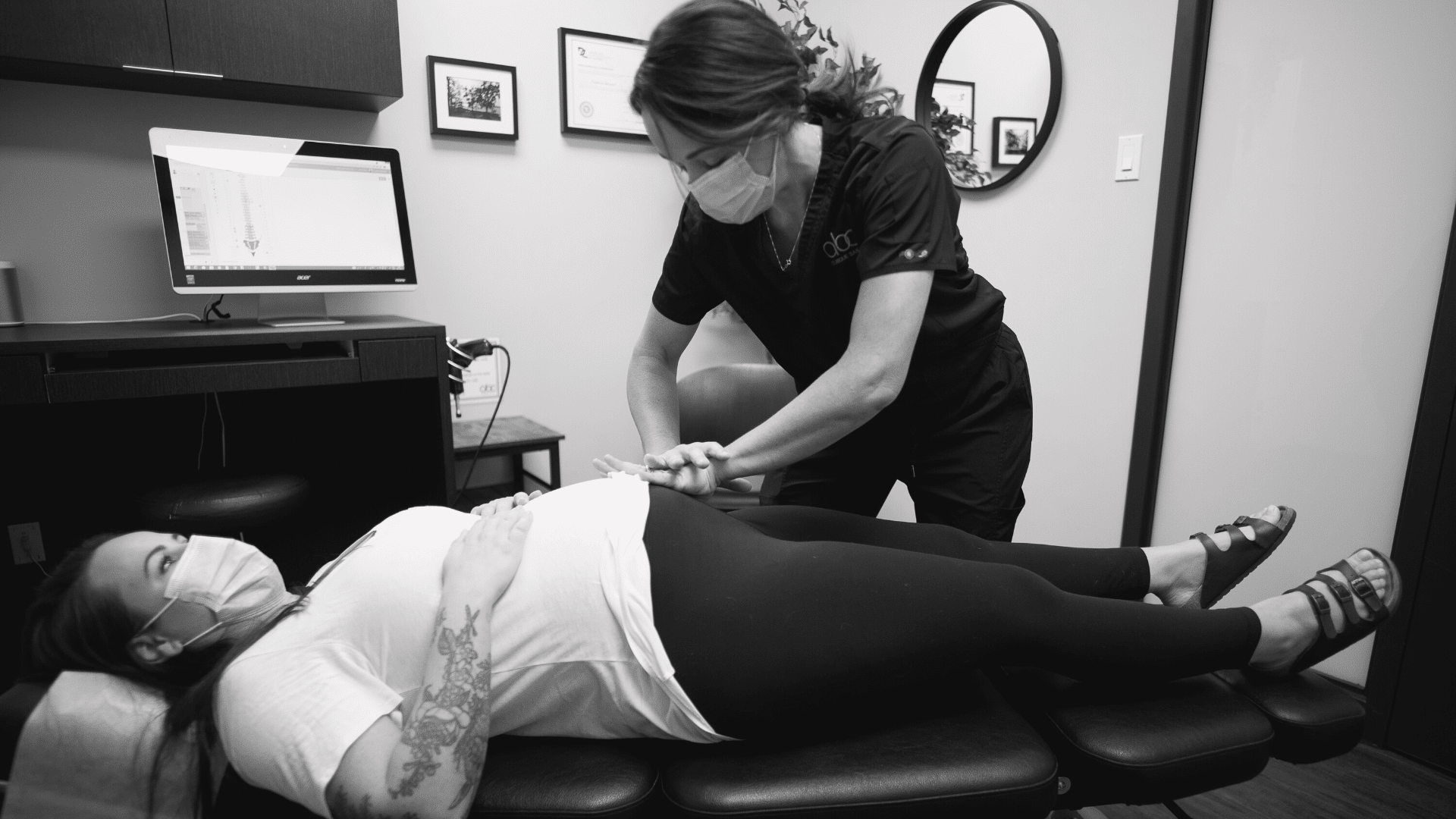You are about to schedule an appointment at ABC Health Clinic Vaudreuil-Dorion
Valleyfield: 450-371-0321
Vaudreuil-Dorion: 450-455-8500
Mirabel: 450-974-5928
Gatineau: 819-773-4230
Trois-Rivières: 819-801-1278
Boucherville: 450-356-1666
Virtual services : 450-455-8500 (1-866-222-6735)
Physiotherapy
The physiotherapists
at ABC Clinique Santé
offer a variety of approaches
to all the individuals.
Physiotherapy is a health discipline that aims to prevent, assess and treat physical injuries that may affect muscles, bones, joints, and neurological or cardio-respiratory systems.
Our professionals :
At ABC Health Clinic, our professionals are all members of the Quebec Professional Physiotherapy Order (OPPQ). You might meet one or both of the following professionals:
- Physiotherapist, holder of a master’s degree in physiotherapy
- Physiotherapy technologist, holder of a CEGEP diploma in physiotherapy
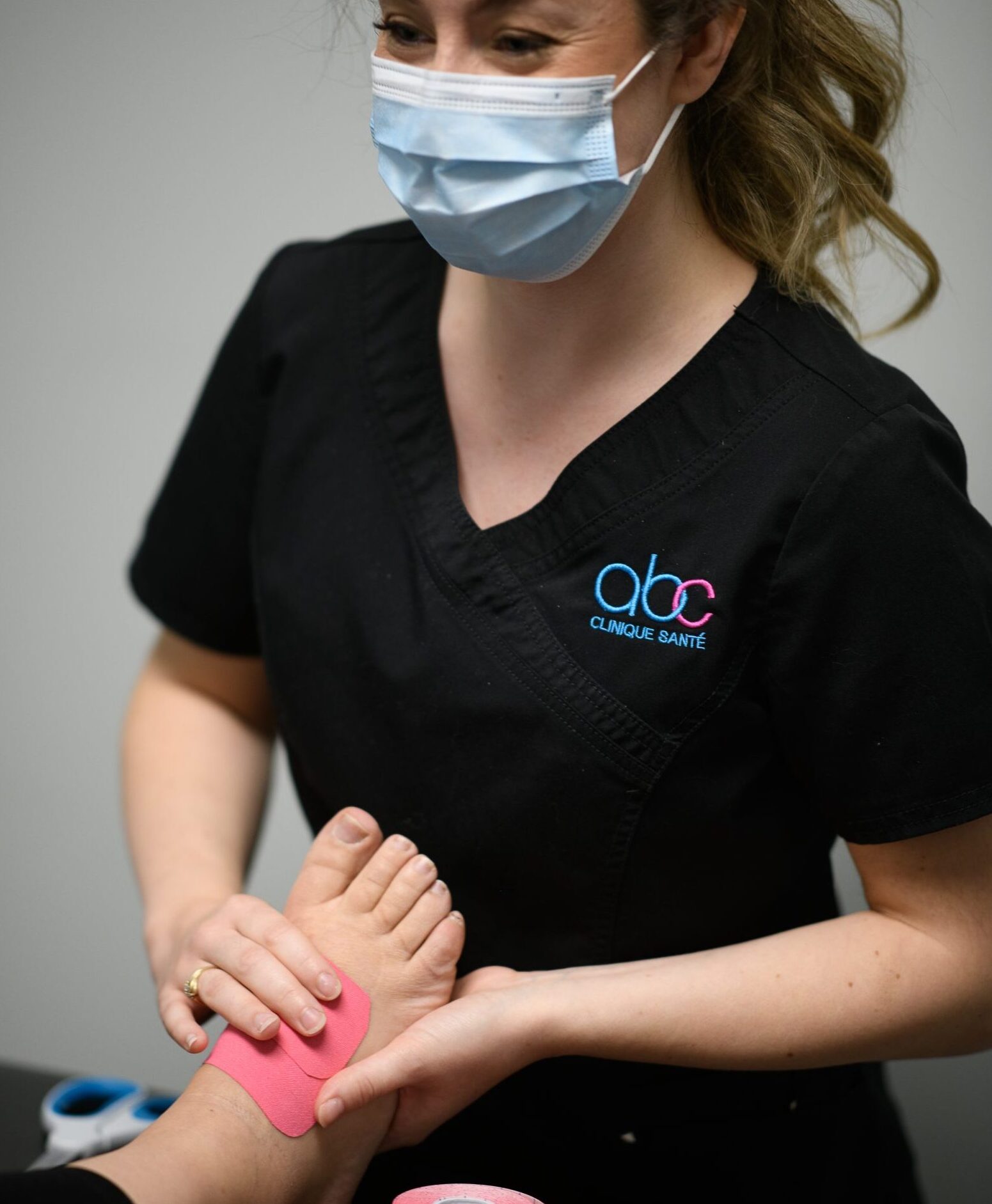
Service offered at
Assessment
Our Practitioners
-
Cloé Lagacé
Physiotherapy Technologist
-
Vicky Légaré
Mirabel, Boucherville
Physiotherapist
-
Tiago Alvarenga
Mirabel
Physiotherapist
-
Karina Dussault
Physiotherapist
-
Jérémy Amano
Mirabel
Physiotherapy technologist
-
Cindy Luo
Vaudreuil-Dorion, Valleyfield
Physiotherapist
-
Ashleigh Stavrou
Vaudreuil-Dorion
Kinesiologist
-
Marie-Hélène Nadeau
Vaudreuil-Dorion
Physiotherapist and owner

